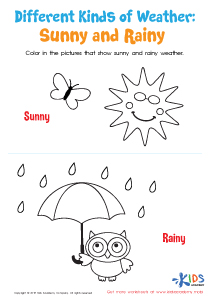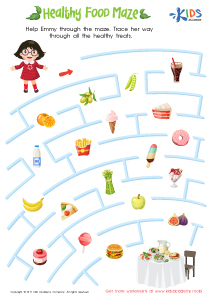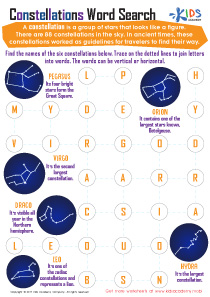Easy Problem Solving Worksheets for Ages 3-7
4 filtered results
-
From - To
Looking for engaging and educational worksheets to boost your child's problem-solving skills? Our Easy Problem Solving Worksheets for Ages 3-7 are designed to make learning fun and impactful! Through captivating puzzles, simple science problems, and interactive activities, these worksheets help young minds enhance their critical thinking and decision-making abilities. Perfect for early learners, they provide age-appropriate challenges that develop cognitive skills in an enjoyable way. Free to print and easy to follow, these worksheets are an excellent resource for parents and teachers alike, helping children build a strong foundation in problem-solving while having fun! Discover more at Kids Academy today.
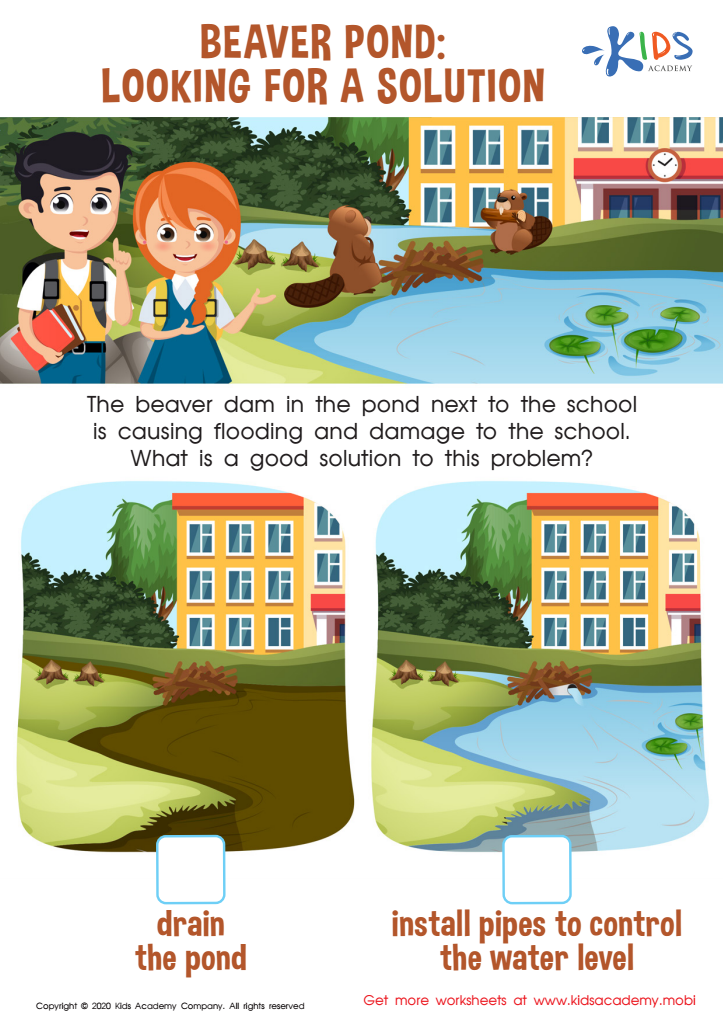

Beaver Pond: Looking for a Solution Worksheet
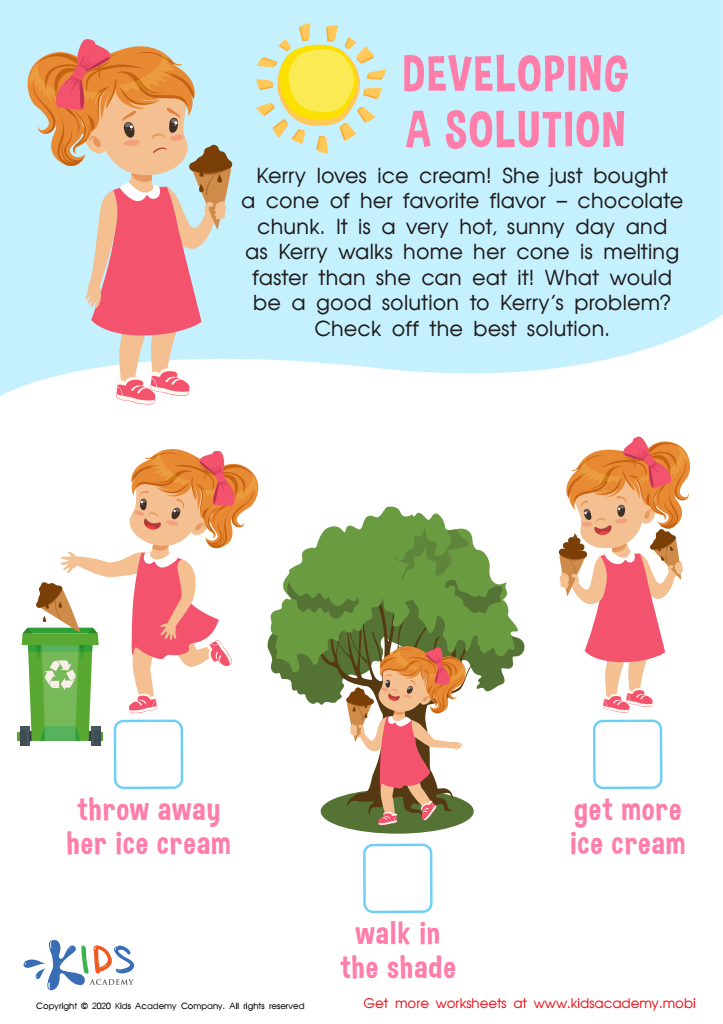

Developing Solution Worksheet
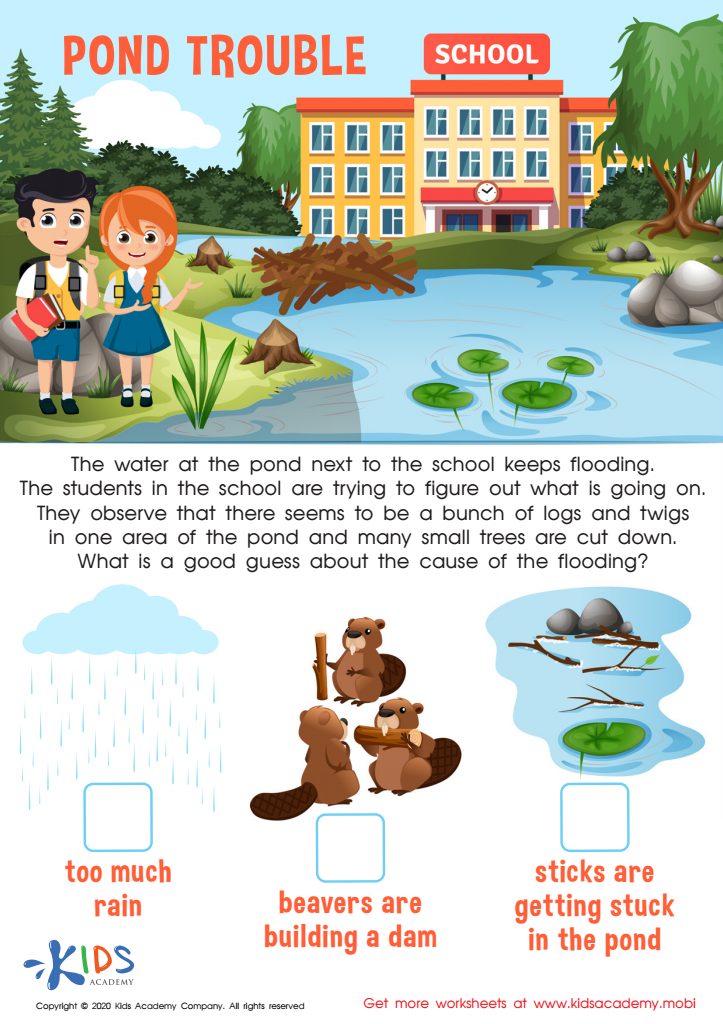

Pond Trouble Worksheet
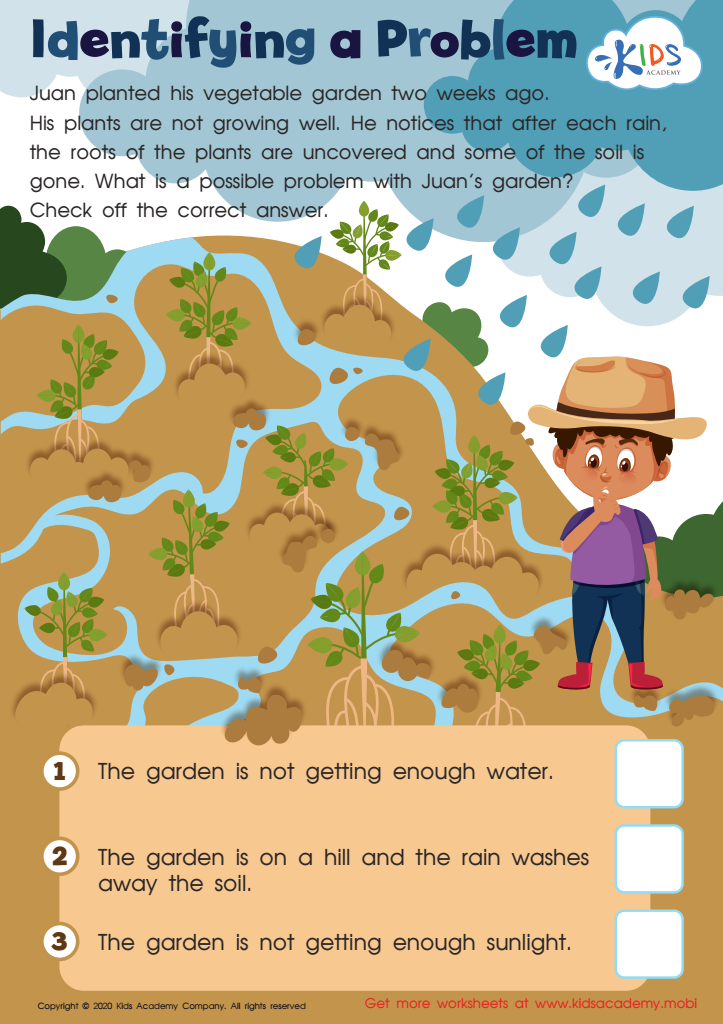

Identifying a Problem Worksheet
Introducing easy problem solving to children aged 3-7 is crucial for their cognitive, social, and emotional development. During these formative years, young brains are particularly adept at absorbing new information and skills, and problem-solving activities can significantly contribute to this growth.
Firstly, basic problem-solving skills lay the foundation for critical thinking. When children approach simple puzzles or daily challenges, they learn to think logically, analyze situations, and make decisions. These skills are transferrable to academic subjects like math and science, sparking curiosity and a willingness to tackle complex questions later on.
Secondly, solving problems develops social and emotional intelligence. Many activities involve working with peers or understanding different perspectives, fostering communication, cooperation, and empathy. As children learn to negotiate and resolve conflicts independently, their self-confidence and emotional resilience strengthen, which are essential traits for lifelong personal and social success.
Moreover, early problem-solving practices can enhance creativity. Children start to see multiple solutions to a problem, encouraging innovative thinking and flexibility. This ability to think imaginatively translates into better art, writing, and even abstract reasoning abilities.
In essence, cultivating problem-solving skills in early childhood does more than prepare children academically; it nurtures well-rounded, thoughtful, and adaptable individuals ready for future life challenges.

 Assign to the classroom
Assign to the classroom






